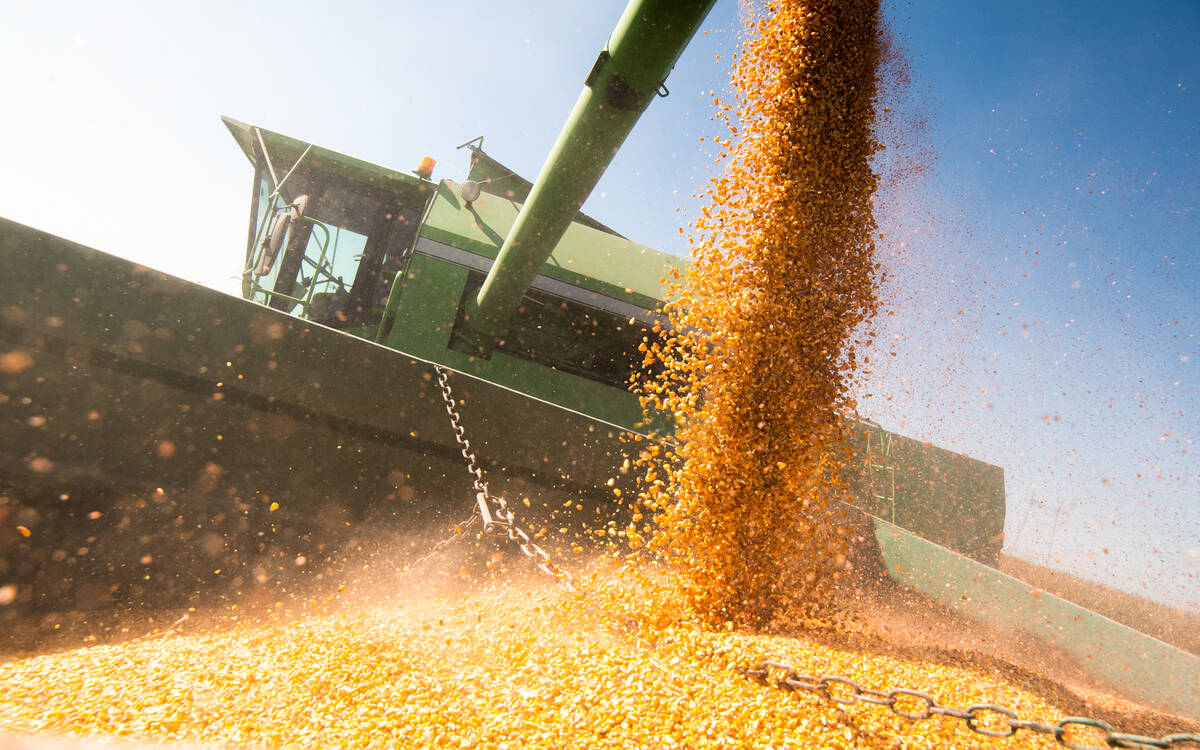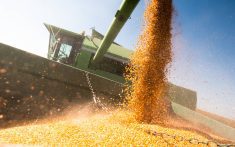The Canadian Special Crops Association has declared “force majeure” on exports of canaryseed bound for Mexico, which will extend deadlines indefinitely on crop deliveries to Mexican importers.
Canadian canaryseed deliveries to Mexico have been disrupted since late June, the association said, when Mexico slapped a “hold and test” policy for canaryseed from Canada and indicated any shipments found to contain quarantine weed seeds would be rejected.
Mexico’s quarantine list includes wild buckwheat and stinkweed, two weeds not difficult to find in Canada.
The import requirements were changed without the standard 60-day advance notice of a change in import policy, the association said in a release Thursday. Furthermore, a long-term solution “has not yet been reached that would allow trade to proceed in a predictable manner.”
Read Also

Feed Grain Weekly: Corn affecting barley prices in Lethbridge
Corn imports entering Lethbridge have lowered prices for feed barley compared to those in Edmonton.
A declaration of force majeure, as cited in clause 48(1) of the CSCA’s trade rules, allows extra time for the execution of contracts in the case of “extremely unusual events” for as long as those events are deemed to have lasted, the CSCA said.
Thus, the time for execution of contracts entered into on or before Aug. 19 for Canadian canaryseed headed for Mexico and traded under CSCA trade rules will be extended until the CSCA’s board rules that “the effect of this event no longer exists.”
The CSCA and officials from the federal government and Canadian Food Inspection Agency have worked with canaryseed exporters and Mexican importers in an attempt to resolve this issue, the association said.
A backlog of canaryseed railcars at the U.S./Mexican border has been addressed, the CSCA said. Mexico last month agreed to a 60-day delay on its restrictions, which allowed the railcars to enter the country.
But it’s not clear how future shipments will be handled to the satisfaction of Mexican authorities and importers and Canadian exporters alike, the association said.
“We need to have a trade environment and import requirements that will be workable for all parties, recognizing the relative risk of weed seeds being found in canaryseed shipments,” Gordon Bacon, CEO of the Winnipeg-based CSCA, said in its release.
Exports of Canadian canaryseed to Mexico averaged over 42,000 tonnes and $25 million per year over the last three years, making Canada the top supplier to the Mexican market, the association said.
“While it’s easy to conclude that Mexico is just trying to get our canaryseed at a cheaper price, that doesn’t seem to be the case,” Kevin Hursh, executive director for the Canaryseed Development Commission of Saskatchewan, wrote in a commentary last month after the CSCA’s annual meeting in Saskatoon.
“Mexican buyers, some of whom are in attendance at the Saskatoon meeting, want our canaryseed just as much as we want to sell it to them.”















